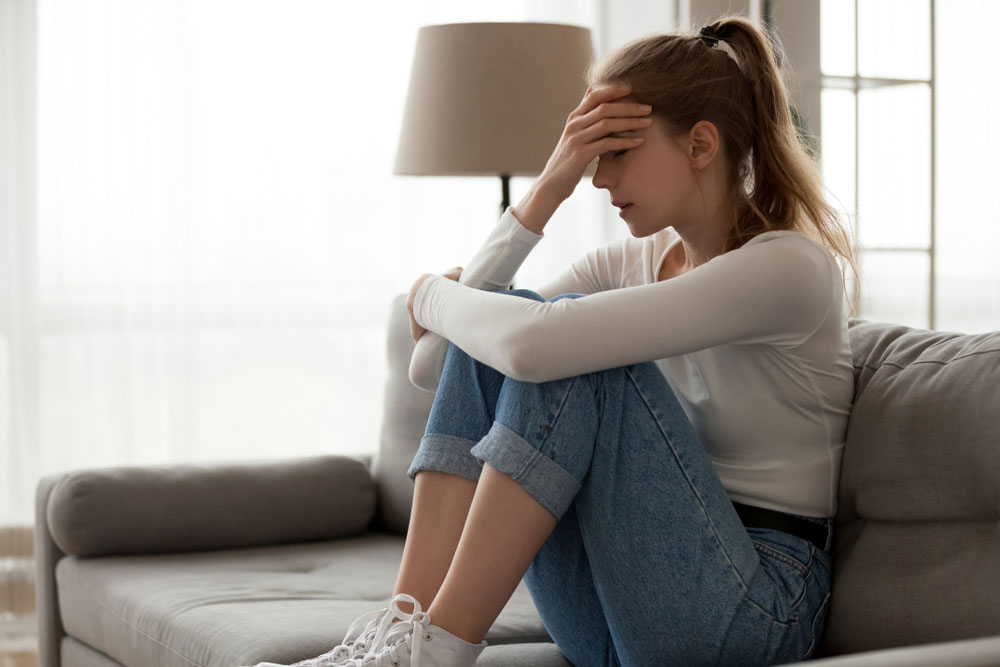Many people use alcohol to self-medicate anxiety, temporarily alleviating feelings of stress and worry. However, this seemingly simple solution can lead to a vicious cycle where a worsening alcohol problem makes you feel more anxious. Understanding the complex relationship between alcohol and anxiety is crucial for those seeking to break free from this cycle and achieve lasting mental health and sobriety.
Alcohol as a Temporary Solution
Alcohol has sedative effects. It can create a sense of relaxation and calm, making it a popular choice for those looking to unwind or ease social anxieties. However, this temporary relief comes with significant drawbacks. As the effects wear off, your body and mind can rebound with heightened anxiety.
Over time, your alcohol tolerance will build, making you want to drink more to achieve the same anxiety-reducing effects. This phenomenon can lead to psychological dependence, which is when your brain’s reward center becomes hijacked by alcohol and you struggle to feel “normal” without it. When someone with alcohol dependence tries to cut back or quit, it often results in withdrawal symptoms – including severe anxiety – that can make it incredibly challenging to stop drinking without professional help.
What Is Hangxiety?
“Hangxiety,” a portmanteau of “hangover” and “anxiety,” is a term used to describe the intense anxiety some people feel the day after drinking. Alcohol disrupts the balance of neurotransmitters in the brain. Its attempt to restore balance can cause an overproduction of stress hormones.
Additionally, waking up with a hangover often brings sharp pangs of guilt or regret about the previous night’s behavior, creating a negative feedback loop. Physical symptoms like dehydration, headache, and fatigue can further amplify your feelings of distress.
The Complex Relationship Between Alcohol and Anxiety Disorders
Alcohol might seem like an attractive coping mechanism for anxiety. However, the relationship between alcohol and anxiety disorders is complex and counterproductive. When drinking becomes part of your routine, it will alter your brain chemistry, increasing your anxiety over time. Using alcohol to mask your mental health symptoms will prevent you from seeking professional help to address the root cause of your anxiety.
When people simultaneously have alcohol use disorder and an anxiety disorder, medical professionals call it a dual diagnosis. Effectively addressing both issues requires integrated treatment.
Prioritizing Your Comfort and Safety
At NEM Recovery, we understand the intricate link between alcohol and anxiety. We’ve designed a comprehensive treatment program to break the cycle of self-medication and worsening mental health.
- Medical detox: Our private medical detox provides round-the-clock monitoring and supervision to make your withdrawal symptoms as comfortable as possible.
- Dual-diagnosis treatment: We offer specialized dual-diagnosis treatment, complemented by wellness activities for holistic healing.
- Integrated recovery: We have built a compassionate, safe space where you can heal physically, emotionally, and spiritually, rediscovering yourself without the crutch of alcohol.
While alcohol may seem like a quick fix for anxiety, it creates a self-destructive cycle of increased anxiety and dependence. Contact us today to learn how you can discover a life beyond addiction at NEM Recovery, a premier Laguna Beach residential treatment center.

